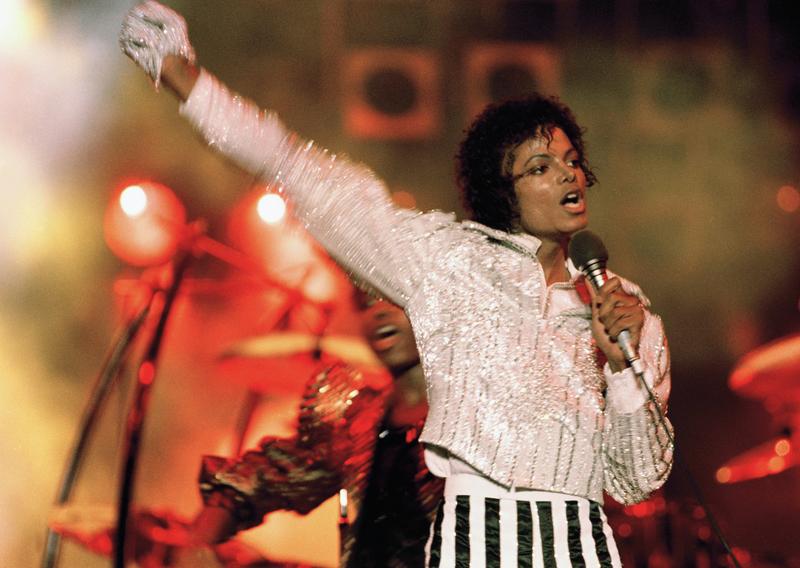
If someone is a great artist, but a terrible person, should the price they pay be cultural oblivion?
This is one of the central debates in the cultural world, one that has only grown since the airing of Leaving Neverland. And it concerns people, including choreographer Bill T. Jones. He insists that "the work is separate from the man."
"I realize there's only so far you can do that, but at this point, in the case of a popular artist like Michael Jackson, I think you should. Enjoy the music."
Margo Jefferson, the former theater critic at The New York Times and author of "On Michael Jackson," doesn't think we can separate the art from the artist. In part because of the nature of what they offer us.
"They give catharsis. They give spiritual redemption, they give erotic excitement. Gods do that too."
Rather than divorce the art from the artist, Jefferson said we should apply ourselves to understanding artists in their entirety.
For Jones, though, art is too important for it to be sullied by the failings of its maker.
"Art does for me what religion traditionally did: it organizes a seemingly chaotic universe," he said. "That's why we should value it. It should truly be free. And freedom is a frightening prospect."
Can we separate the art from the artist? Should we? Join WNYC's Arun Venugopal, critic Margo Jefferson and others during a Micropolis Live discussion at The Greene Space, "Michael Jackson Now."
